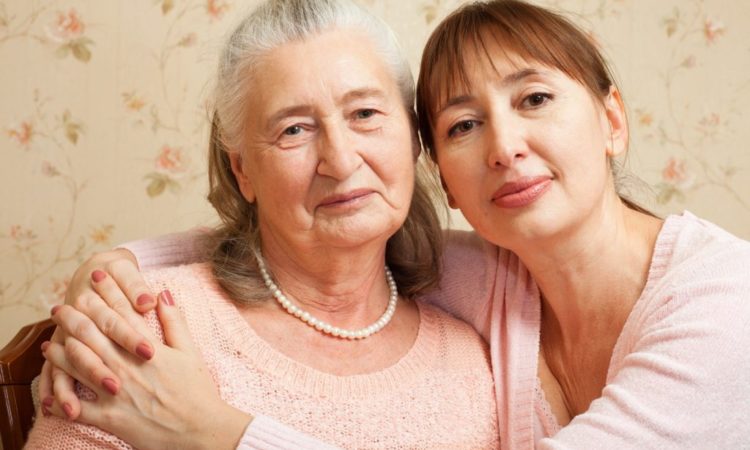Hollenbeck Palms
What is The Difference Between Home Care and Memory Care For People with Dementia Symptoms?

People with Alzheimer’s or one of the many causes of dementia symptoms, whether living in a facility or at home, will need intensive care. Seniors with cognitive decline will age with integrity, enjoyment and some freedom, however, with the proper care personalized to their needs.
For seniors with dementia symptoms, families often consider home treatment and memory care. What programs do they provide and what are the most important things to remember when deciding between home care and memory care for an elderly relative?
What exactly is home care?
Skilled home care provides companionship, practical assistance and peace of mind to adults who prefer to age at home. Care aids can assist in everyday tasks as well as social interactions. That may be anywhere from a few hours to 24 hours of supervision, depending on the amount of care needed.
While home care aides are qualified to understand the complexities of senior care, they are not often certified to provide medical services. When you establish a care contract, you will determine what services the senior home care will include.
Home care services
For seniors who are unable to live alone, home nursing is a common alternative to senior care.
The level of support provided. Home care should be customized to suit a senior’s changing needs as they become older. If necessary, a home care service could provide transportation and cooking for an independent senior or it could provide full-time care and companionship for someone who is bedridden.
At-home aging. For many seniors who have lived in the same house for decades, moving to a new, much smaller home is an overwhelming and emotional experience.
One-on-one interaction. In-home nursing means that the loved one receives 100% of a visiting aide’s time. Staff workers in senior living centers are responsible for a large number of tenants.
What does a memory care center entail?
Memory care centers, like the one at Hollenbeck Palms, may be standalone centers or part of a multilevel senior living environment. We provide personalized help for seniors suffering from memory loss, which is often caused by Alzheimer’s disease or some type of dementia symptoms.
Many of the same programs that assisted living facilities provide are available in memory care facilities, including assistance with activities of daily living, drug scheduling and healthy dining options. They also have features that are specifically designed for seniors with cognitive disabilities.
People with dementia may benefit from memory care treatments and programs.
Memory care communities provide memory care activities and treatments for people with all stages of dementia, which is a significant advantage of memory care over at-home treatment. These standardized services, which also necessitate specially trained workers, help to slow cognitive deterioration, foster happy memories and provide support to residents.
Memory care facility design elements
Innovative architectural features and calming environments in memory care communities will help people with dementia symptoms cope with anxiety and frustration. Below are some features:
- Rooms tailored to residents with memory loss
- Use of colors, lighting and shapes to promote mental stimulation
- Staff training on being “Dementia Aware”
- Engagement and cutting-edge technology programs geared toward individual interests
- Tranquil gardens
- And more
Dementia treatment at home cannot offer the same institutional or architectural advantages as a memory care community.
It is critical to understand the differences between memory care and dementia home care before making the best decision for your loved one.
A memory care center near you
At Hollenbeck Palms, a Continuing Retirement Community (CCRC), we offer Residential & Assisted Living, Skilled Nursing and a state-of-the-art Memory Enhancement Center, which is opening summer 2021.
We are taking applications for our Memory Enhancement Center now. Call 323-307-4505, or email Zhana Dubin at [email protected].


